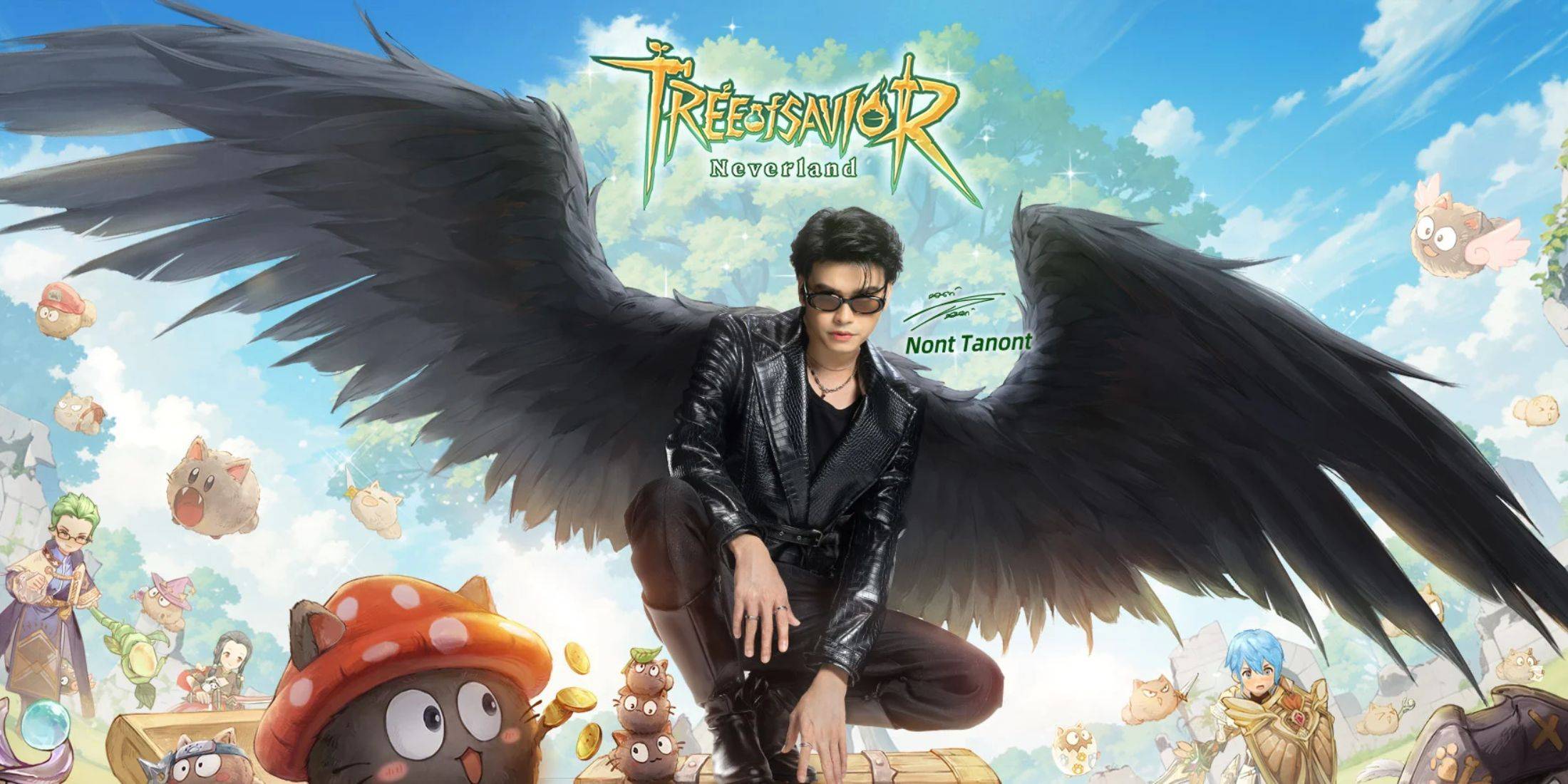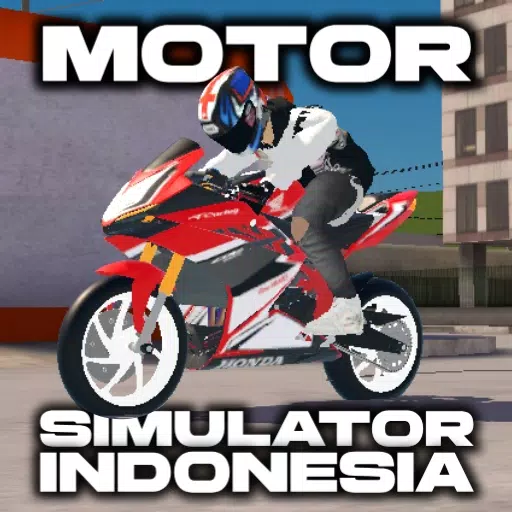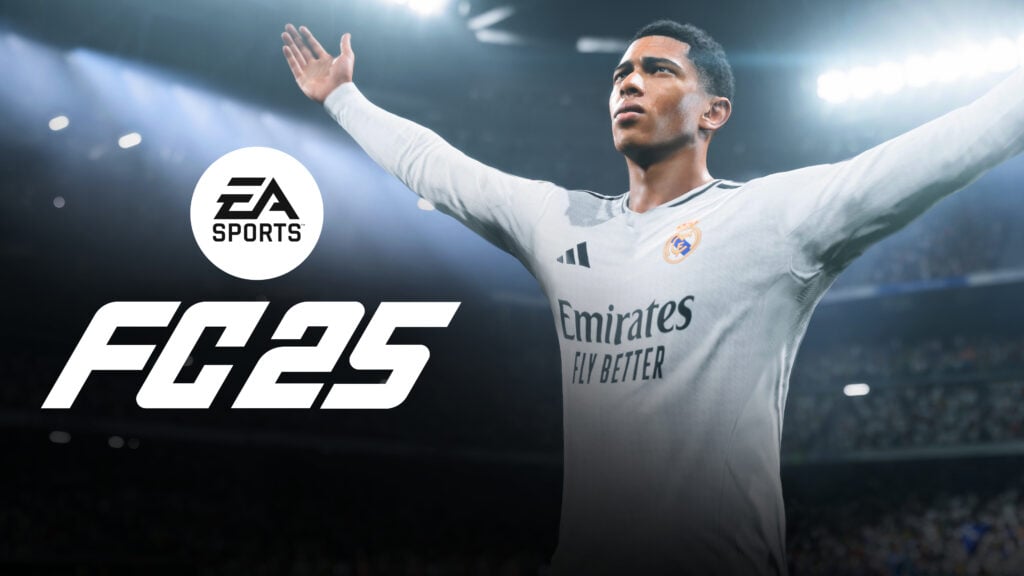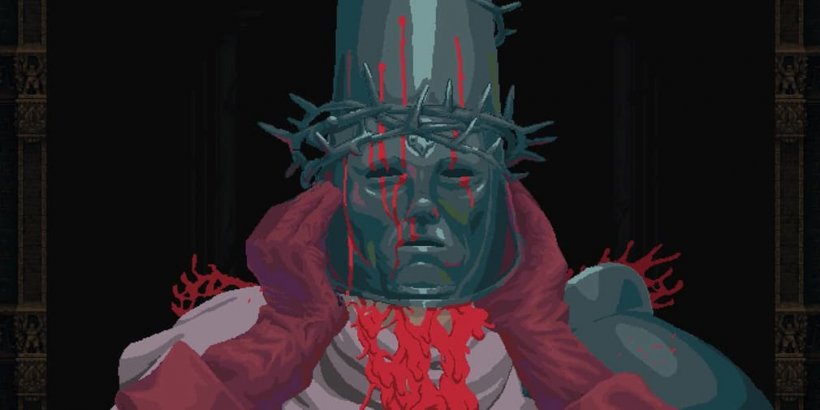Microsoft has announced significant price increases across its Xbox consoles, accessories, and upcoming game releases, with titles rising to $80 later this year. This decision carries profound implications not only for third-party publishers but potentially for PlayStation pricing strategies as well.
Gaming hasn't been this expensive since the 1990s. The entry-level Xbox Series S, featuring just over 500GB storage, now retails at $380 - barely $20 cheaper than PlayStation's Astro Bot bundle with the PS5 Slim Digital Edition. Meanwhile, the 2TB Xbox Series X jumps to $729, exceeding the PS5 Pro's price by about $30.
This pricing shift follows Nintendo's recent Switch 2 announcement, where first-party titles like Mario Kart World will debut at $80 - skipping the $70 standard Xbox and PlayStation established earlier this generation. With Xbox adopting this higher price point for holiday releases, industry-wide inflation appears inevitable.
Will PlayStation Games Reach $80?
Sony faces mounting pressure to match its competitors' pricing. Rising manufacturing costs and U.S. trade tariffs make price hikes nearly unavoidable - especially since PlayStation hardware outperforms Xbox commercially. Holding prices steady would mean leaving revenue on the table.
The real certainty lies in first-party PlayStation game pricing. Sony consistently markets its exclusives as premium experiences, and their critical/commercial success ensures they won't be undervalued compared to Xbox titles. The company's $70 pricing for Returnal demonstrated its commitment to premium pricing, and current development costs make $80 releases seemingly unavoidable.
The Decline of Physical Media
Beyond immediate pricing impacts, these increases accelerate the industry's shift toward digital distribution and subscription services. Platform holders generate higher margins from digital sales and services like PlayStation Plus and Game Pass compared to physical copies.
While Xbox Game Pass maintains its current pricing (following its 2024 increase), the $80 game threshold enhances its perceived value dramatically. These pricing strategies may hasten the demise of physical media that many collectors feared.
GTA 6's Pricing Implications
The gaming industry faces mounting financial pressures - from post-pandemic economic shifts to escalating development costs. These challenges have materialized in premium console pricing and $80 first-party games.
All eyes now turn to Grand Theft Auto 6's eventual pricing as the bellwether for industry standards. Analyst predictions of a potential $100 price tag gain credibility given Take-Two's massive investment and the title's unprecedented anticipation. CEO Strauss Zelnick has long maintained games deliver exceptional value relative to their cost.
When Rockstar announces GTA 6's final pricing, $80 seems the absolute minimum. While mid-tier successes like Helldivers 2 prove alternative pricing models can thrive, the trend toward premium pricing appears irreversible - forcing gamers to become more selective with their purchases.
-
Pokémon Go brings back Mega Kangaskhan in its latest raid eventMega Raids will be available locally on May 3rd from 3pm to 5pmPlayers can enjoy a new Event Pass, free Timed Research, and special bonusesPokémon Go trainers eagerly anticipate Raid DaysAuthor : Ellie Dec 18,2025
-
Tree of Savior: Neverland is an enchanting adventure MMORPG featuring a rich setting, unique visual style, and captivating world that will draw you right in. Your mission is to protect the world and its people from looming threats, but to succeed, yoAuthor : Logan Dec 18,2025
-
 Memorize General TokugawaDownload
Memorize General TokugawaDownload -
 Bike Hill RacingDownload
Bike Hill RacingDownload -
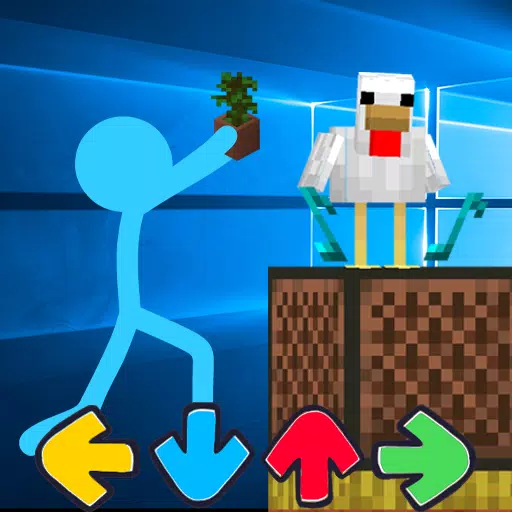 Beat Fight Stick Full WeekDownload
Beat Fight Stick Full WeekDownload -
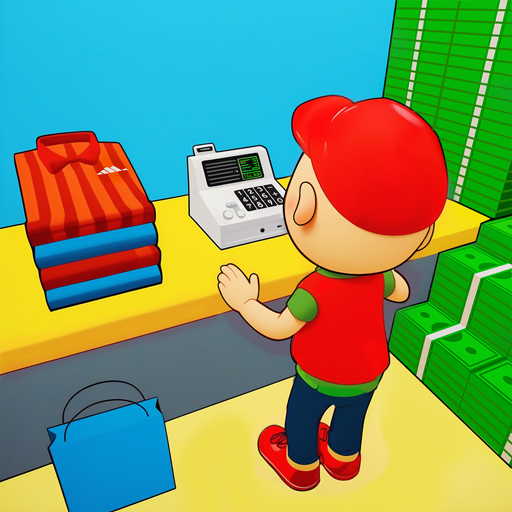 Shopping Rush IdleDownload
Shopping Rush IdleDownload -
 Indoor Futsal: Football GamesDownload
Indoor Futsal: Football GamesDownload -
 SCHOOLBOY RUNAWAY - STEALTHDownload
SCHOOLBOY RUNAWAY - STEALTHDownload -
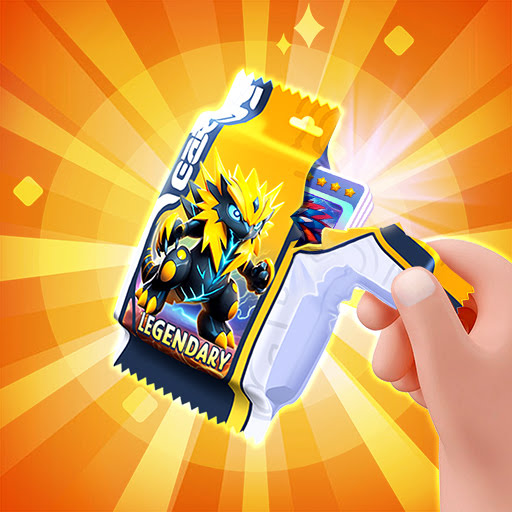 Pokellector SupermarketDownload
Pokellector SupermarketDownload -
 Run Legends: Make fitness fun!Download
Run Legends: Make fitness fun!Download -
 Tennis World Open 2024 - Sport ModDownload
Tennis World Open 2024 - Sport ModDownload -
 English Ear Game 2Download
English Ear Game 2Download
- STALKER 2: Heart of Chornobyl - All Endings (& How to Get Them)
- Steampunk RPG Eldgear Unveiled by KEMCO
- NYT Hints and Answers: Guide to January 10, 2025
- Metaphor: ReFantazio - Complete Bond Guide
- Discover the Artifacts in Stalker 2: Locations and Acquisition
- Mushroom Go! Unleashes Co-op Dungeon Adventure for Fungi Fans


